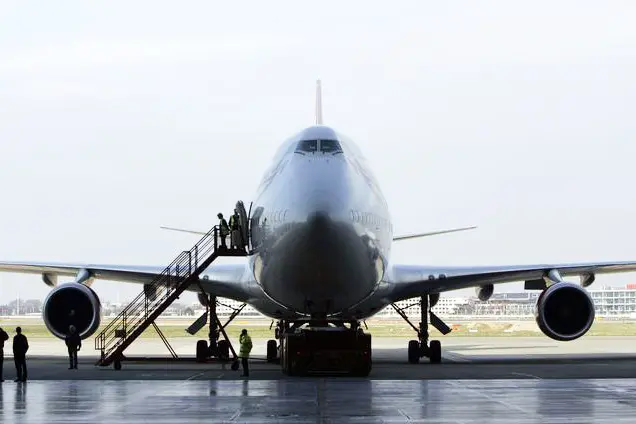PHOTO
LONDON - Richard Branson’s carefully cultivated image as an anti-establishment outsider may be coming back to bite him. The bearded British entrepreneur is asking the government for 500 million pounds to help his airline weather the coronavirus storm. Years of institutional nose-thumbing don’t help, nor does having 49% owner Delta Air Lines – the U.S. carrier still worth $15 billion – sitting alongside in the cockpit. Virgin Atlantic’s loss-making track record and high debt is arguably most problematic.
Branson is one of Britain’s most recognisable business figures, thanks to his tireless self-promotion and commercial empire stretching from banking to space travel. But his residency in the British Virgin Islands, a tax haven, means that doesn’t necessarily translate into affection. And unlike banks in 2008, the collapse of even a well-known airline is unlikely to take the economy with it.
This is not to say Virgin is irrelevant. It has nearly 10,000 staff and bolsters big UK employers like London’s Heathrow airport and aero-engineer Rolls-Royce. Nor can it be blamed for getting into trouble – after all, governments shut its operations in response to a global public health threat. Air France-KLM is in talks with banks to receive billions of euros in loans guaranteed by the French and Dutch governments, Reuters reported on Friday.
Yet that doesn’t mean the UK will follow suit. Virgin’s 37-strong fleet is tiny against the 280 planes in rival British Airways’ hangar. In one month budget carrier Ryanair shifts twice as many passengers as Virgin does in a year.
Financial frailty could be the deal-breaker. Since 2016, Virgin has reported an annual loss, in stark contrast to British Airways-owner International Consolidated Airlines (IAG) . Its net debt in 2018, its last public disclosure, was 1.5 billion pounds, 5 times its EBITDA incorporating rental costs, compared to IAG’s 1.4 times in 2019. On the latter’s trading multiple of 0.5 times sales, Virgin Atlantic’s equity would be worthless if revenue is the same as 2018’s 2.8 billion pounds. From a taxpayer perspective, such numbers make a government injection of equity – or even debt that can become equity – pretty unappetising.
One option would be for Delta to borrow on its behalf, or for Virgin to do so after freeing up its balance sheet by swapping debt for equity. This week’s $4 billion bond issue from cruise operator Carnival implies troubled companies can borrow. Yet so far, details of support from Branson and Delta are unclear. London should insist on something more from either before risking state cash.
CONTEXT NEWS
- Virgin Atlantic has applied for 500 million pounds in assistance from the British government to help it through the coronavirus crisis, the Financial Times reported on April 2.
- The plea by the airline, which is 51% owned by Richard Branson’s Virgin Group and 49% by U.S. carrier Delta, is being backed by London’s Heathrow airport and aerospace firms such as Rolls-Royce and Airbus.
- Virgin Australia, in which Branson’s Virgin Group has a 10% stake, said on March 31 it was asking the Australian government for A$1.4 billion ($863 million) in assistance.
- The Australian Financial Review said on April 2 that Canberra was likely to let the nation’s second-biggest carrier collapse, rather than bail it out, in expectation of a new rival to domestic flag carrier Qantas taking its place.
(Editing by George Hay and Oliver Taslic)
© Reuters News 2020





















